Revision Notes: Hygiene | Home Management for SSS 3 PDF Download
| Table of contents |

|
| Hygiene: Essential for a Healthy Life |

|
| 1. Personal Cleanliness |

|
| Hair |

|
| Teeth |

|
| Nose |

|
| (e) Eyes |

|
| (f) Ears |

|
Hygiene: Essential for a Healthy Life
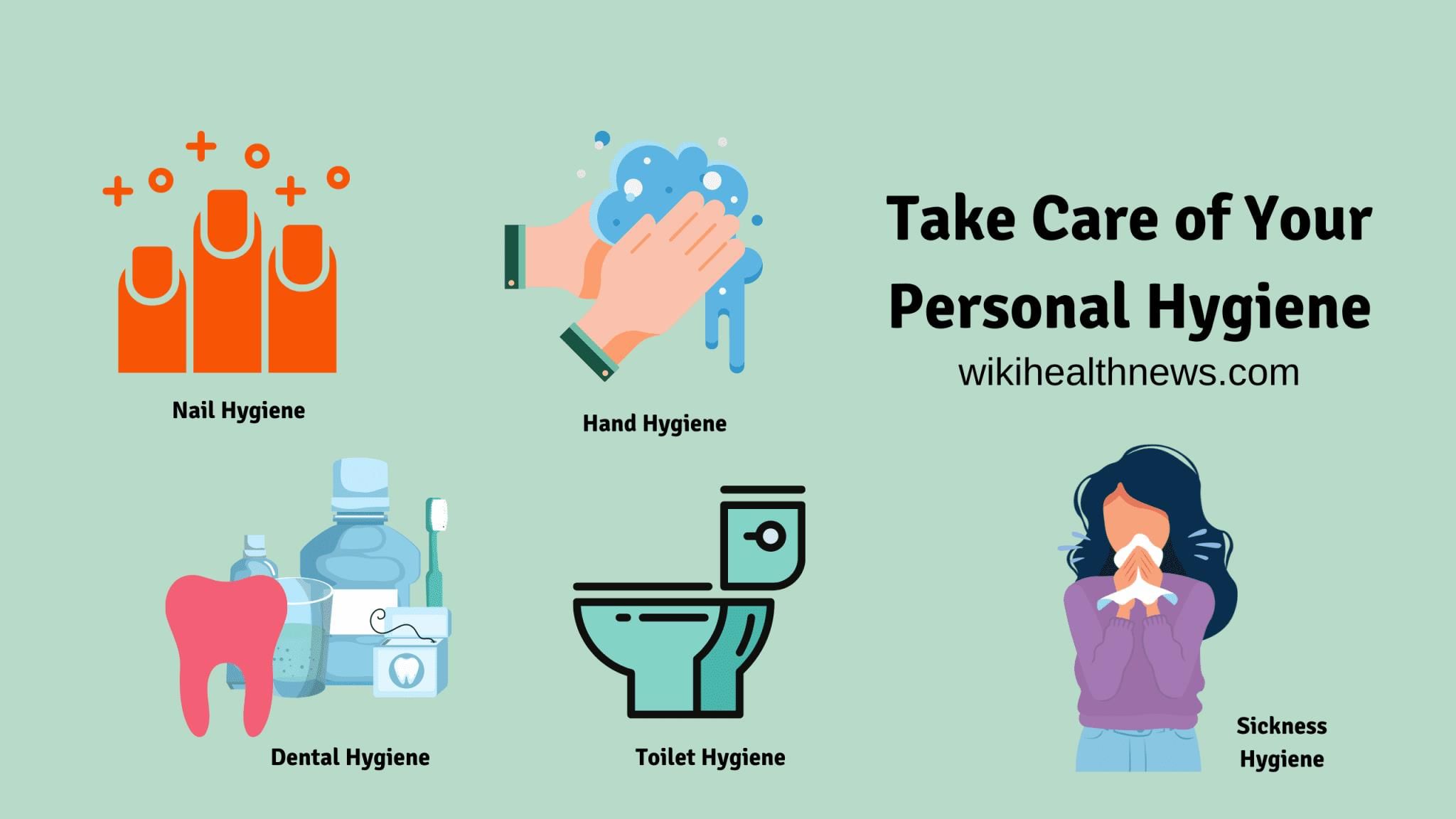
Hygiene refers to the science and practice of maintaining good health through cleanliness. Key factors that contribute to personal hygiene and overall health include: personal cleanliness, physical exercise, rest and sleep, and healthy habits.
1. Personal Cleanliness
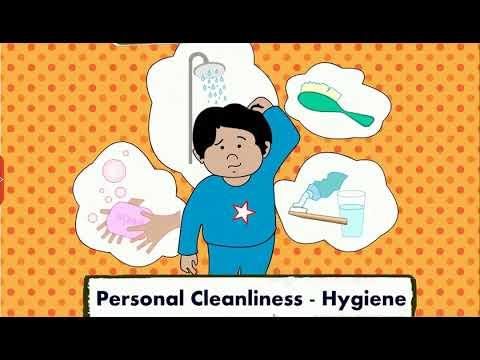
a. Hands and Skin
- It is important to wash our hands with soap after touching objects like books, coins, furniture, tools, machinery, bus seats, supporting rods, and even pets and other domestic animals, as these items can carry germs.
- Regular bathing helps keep the skin free from germs and body odour. Undergarments and handkerchiefs should be washed daily to maintain cleanliness.
Hair

To keep our hair clean and tidy, we should wash it regularly with a good shampoo. Brushing and combing our hair daily also helps us look smart and presentable.
Teeth
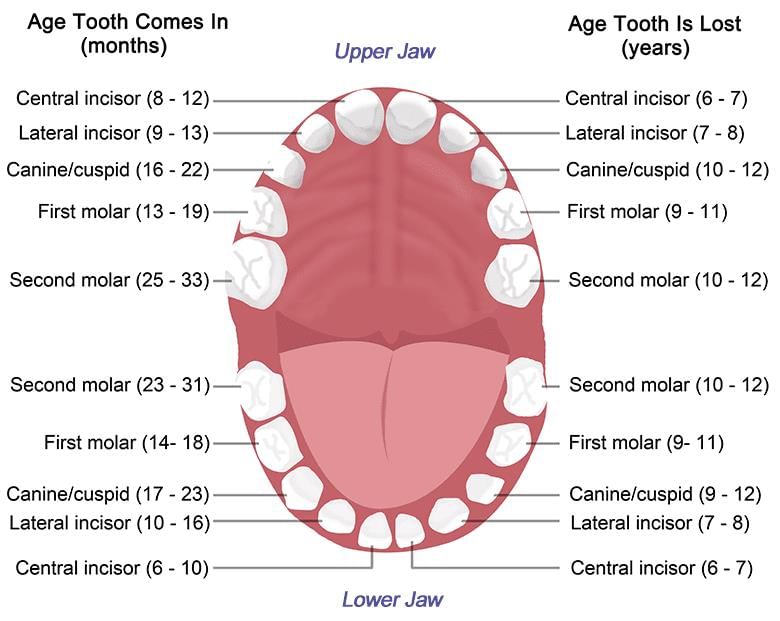
It is important to brush our teeth twice a day, once in the morning when we wake up and once at night before going to bed. This helps keep our teeth clean and healthy.
Nose
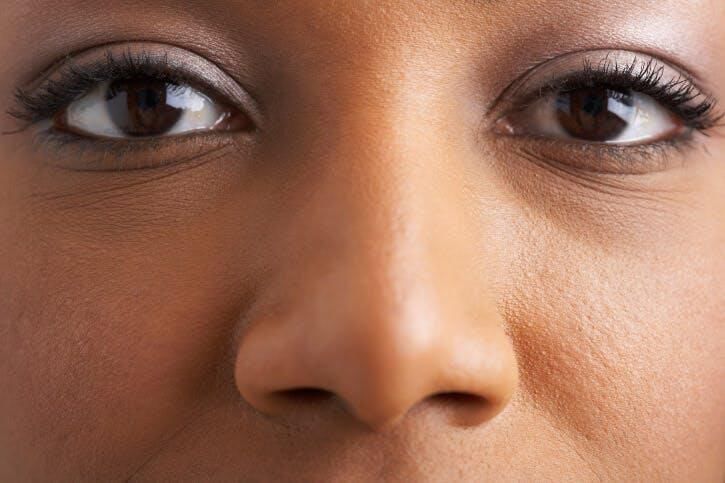
To prevent the spread of germs, we should always cover our nose and mouth with a handkerchief when we sneeze or cough.
- When we need to blow our nose, we should do it into a handkerchief.
- It is also important to breathe through our nose and not through our mouth.
(e) Eyes

- Wash and clean your eyes two to three times a day.
- Limit watching television to avoid eye strain, and do not sit too close to the screen.
- Avoid bright lights that shine directly into your eyes.
(f) Ears
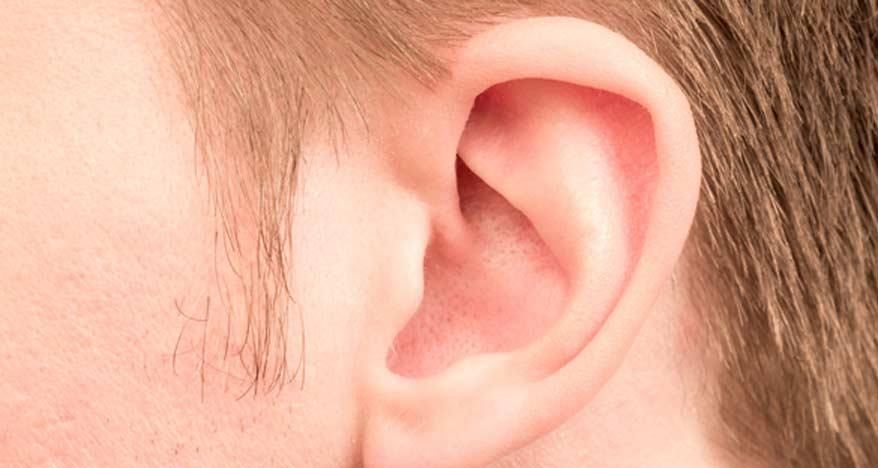
- Dry your ears after bathing and remove water from your ears after swimming.
- Protect your ears from extreme cold and heat.
- If an insect enters your ear, you can remove it by filling the outer ear with saltwater.
Physical Exercise
Exercise is essential for maintaining the efficiency, size, and strength of muscles. It plays a crucial role in keeping muscles, bones, and joints in good condition.
Incorporating a minimum of 15 minutes of regular exercise into our daily routine is important for overall health.
Rest and Sleep
Sleep is vital for our body to get sufficient rest. It helps us wake up refreshed and recharged for the next day.
Healthy Habits
- Aim to go to bed early and avoid sleeping immediately after dinner.
- Ensure daily bowel clearance, preferably in the morning.
- Maintain a balanced diet with adequate fibrous vegetables, fruits, and buttermilk.
- Drink plenty of water throughout the day, but try to avoid drinking water with meals.
Social Hygiene and Sanitation
- Keeping our surroundings clean is crucial for staying healthy.
- Always cover eatables to prevent contamination.
- Public drains and garbage should be covered and treated with disinfectants like bleaching powder and lime.
Control of Disease Carriers (Vectors)
Vectors are organisms that carry and spread pathogens, causing diseases from one person to another. Controlling these vectors is essential to prevent the spread of diseases.
Housefly and its Control
- The common Indian housefly, Musca nebulo, spreads diseases like dysentery, cholera, and typhoid.
- Houseflies are attracted to organic food, especially sweet items and rotting meat. They transmit diseases through their body, saliva, excreta, or by direct contact.
- To control houseflies, keep the house clean, dispose of waste properly, cover food, and protect babies with baby umbrellas.
Mosquito and its Control
- Common mosquitoes in India include the malaria mosquito ( Anopheles ), filaria mosquito ( Culex ), and dengue mosquito ( Aedes ).
- These mosquitoes spread diseases like malaria, filariasis, and dengue through their bites.
- Control measures include spraying insecticides, destroying breeding sites, and biologically controlling larvae by introducing Gambusia fish in stagnant water.
Cockroach and its Control
- Cockroaches are household pests that breed in manholes and sewers. They may carry viruses, including those that cause cancer.
- Control measures include destroying breeding sites, keeping the house clean, and preventing their access to food and water.
Rat and its Control
- Rats are serious domestic pests and can spread diseases through parasites like rat fleas.
- Control measures include using rat poisons or traps to kill or dispose of rats.
Contamination of Water
- Water contamination occurs when undesirable substances are added to water, deteriorating its quality and making it harmful for consumption.
- Sources of water pollution include sewage, defecation, tannery wastes, and pesticides.
Common Water-borne Diseases
| Disease | Incubation Period | Symptoms | Prevention |
|---|---|---|---|
| Cholera (Vibrio cholera) | Few hours to 6 days |
|
|
A severe stomach ache, diarrhea characterized by white, watery, and foul-smelling fecal waste, along with vomiting. Dryness of the tongue, sunken eyes, and muscular pains. Control of houseflies by eliminating their breeding grounds. Practicing personal hygiene and maintaining cleanliness in the surroundings. Receiving the anti-cholera injection.
Bacillary dysentery caused by Shigella dysenteriae Continuous loose motions or diarrhea, slight fever, and severe intestinal pain. Ensuring the consumption of fresh, clean, and nutritious food. Drinking pure and fresh water. Reducing the population of flies.
Amoebic dysentery or Amoebiasis caused by Entamoeba histolytica Diarrhea or watery motions with destruction of the intestinal lining, alternating between constipation and diarrhea, and stomach convulsions. Keeping food properly covered to prevent contamination by flies and dust carrying cysts. Using clean, boiled, and cooled water for drinking. Washing and cleaning raw vegetables and fruits purchased from the market before storing and consuming them.
|
45 docs|6 tests
|



















